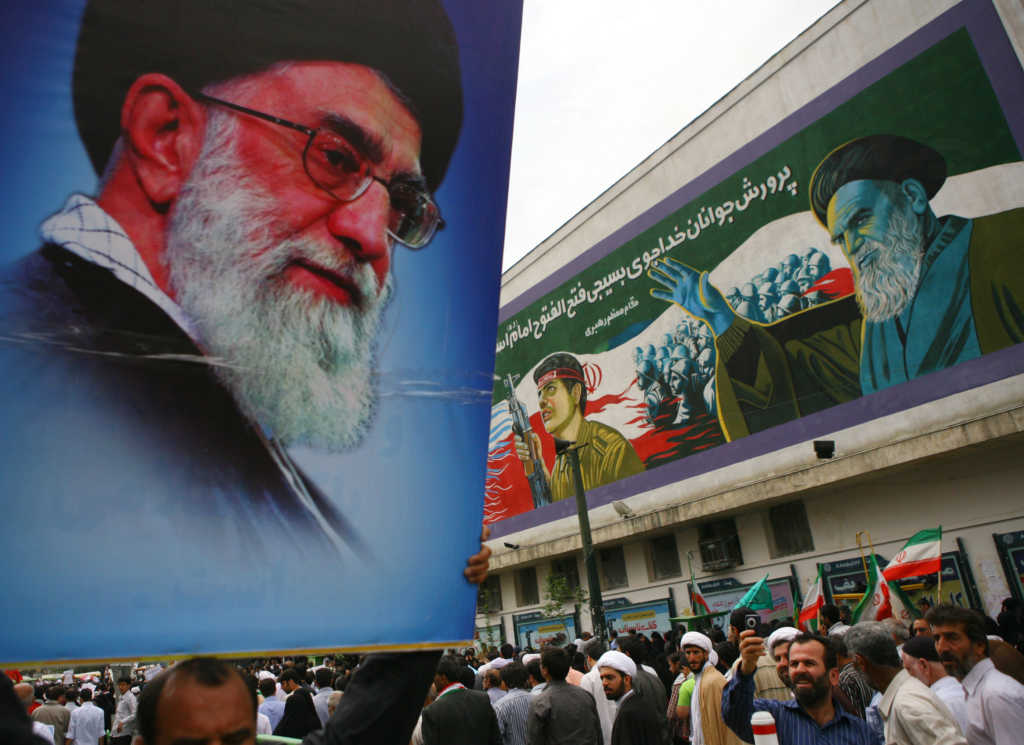Israel’s military Chief of Staff, Lt. Gen. Aviv Kohavi has warned the Pentagon about the dangers of the US re-entering the current nuclear agreement.
Kohavi is in the US this week for high-level meetings. He and other senior Israel Defense Forces (IDF) officers met with the US Chairman of the Joint Chiefs of Staff General Mark A. Milley, US Secretary of Defense, Lloyd Austin and US military officials.
The meetings focused on shared challenges facing the American and Israeli militaries, including those posed by Iran and Iranian entrenchment throughout the Middle East.
Kohavi “emphasized the shortcomings of the current nuclear agreement that will allow Iran to make significant progress related to centrifuges as well as to substantially enhance the amount and quality of enriched matter over the next few years, also emphasizing the lack of supervision in terms of nuclear proliferation,” according to a statement from the IDF.
“The Chief of the General Staff explained the threat created by returning to the original nuclear agreement and emphasized that all measures should be taken to prevent Iran from achieving military nuclear capabilities,” it said.
President Biden’s administration is in the sixth round of indirect talks with Tehran to return to the Iranian nuclear deal, known as the JCPOA. Doing so would once again remove economic sanctions on Iran, allowing money to flow into its economy.
Former President Obama signed the nuclear deal in 2015, lifting sanctions including US bans on companies doing business with Iran. But President Trump pulled out of the agreement in 2018 slapping even tighter sanctions on the country.
Kohavi’s meetings come just days after Iran elected Ebrahim Raisi as its new president. Known as the “Hangman of Tehran” for his brutal executions of his own people, Israeli Prime Minister Naftali Bennett said his election was the “last chance for the world powers to wake up before returning to the nuclear agreement.”
The leaders also talked about the growing missile capability of Iranian proxy Hezbollah along Israel’s northern border as well as Israel’s response to Palestinian issue in the Gaza Strip.
According to the IDF, Kohavi reaffirmed that “the strategic alliance with the United States is a most significant tier in our national security. The cooperation between our two militaries is a mutual interest which enhances the capabilities of both nations. We will continue to work tirelessly together in the face of common threats in the Middle East.”
Both Bennett and former Israeli Prime Minister Benjamin Netanyahu see eye-to-eye on the Iranian nuclear deal.
But Bennett says he is aiming for a “no surprises, no daylight” relationship with the US, The Jerusalem Post reported.
According to an unnamed source quoted by The Jerusalem Post, Bennett would be “on board with any agreement with Iran” but believes it can influence “what happens if Iran violates the agreement – if we are part of the conversation.”
Netanyahu criticized the move as possibly harming Israel’s national security by not allowing it to take action against Iran if need be without prior disclosure to Washington.


